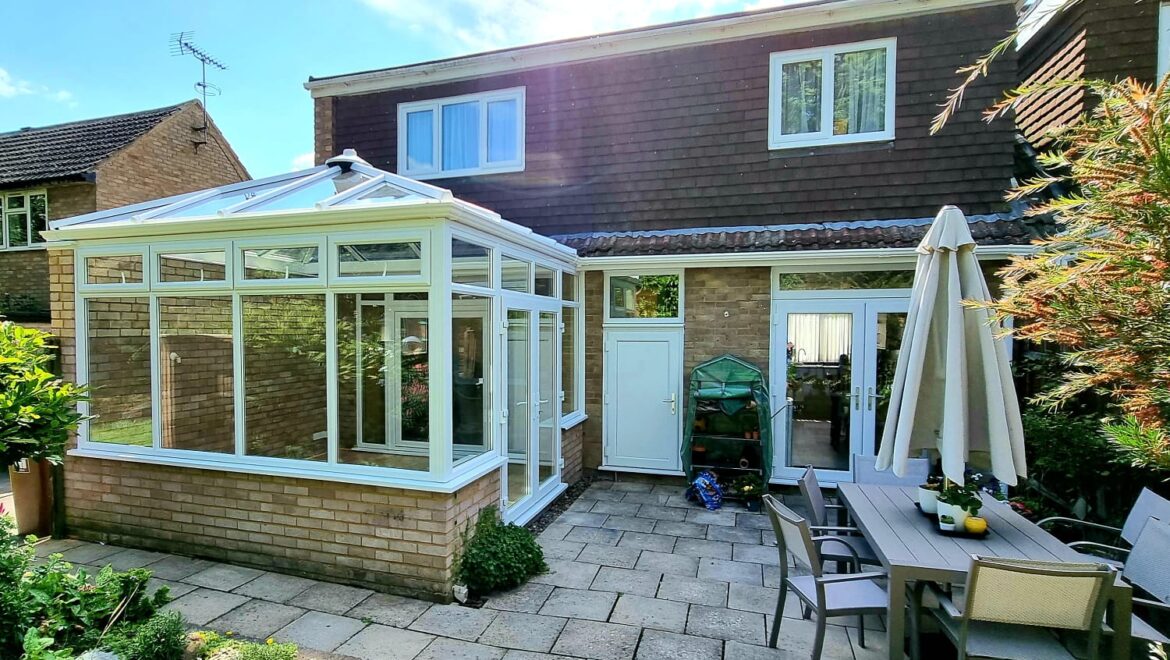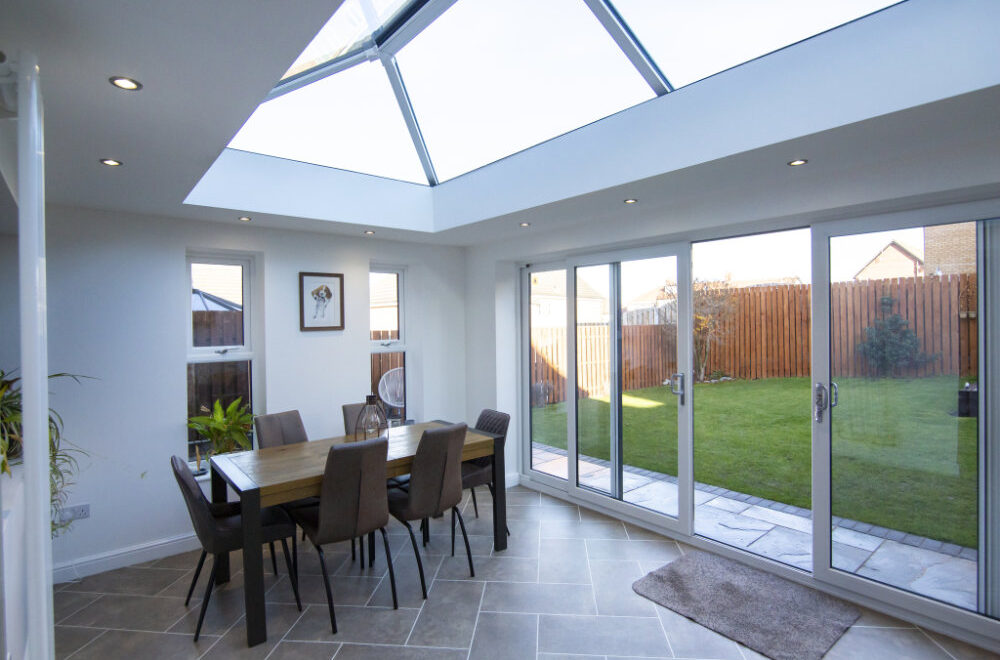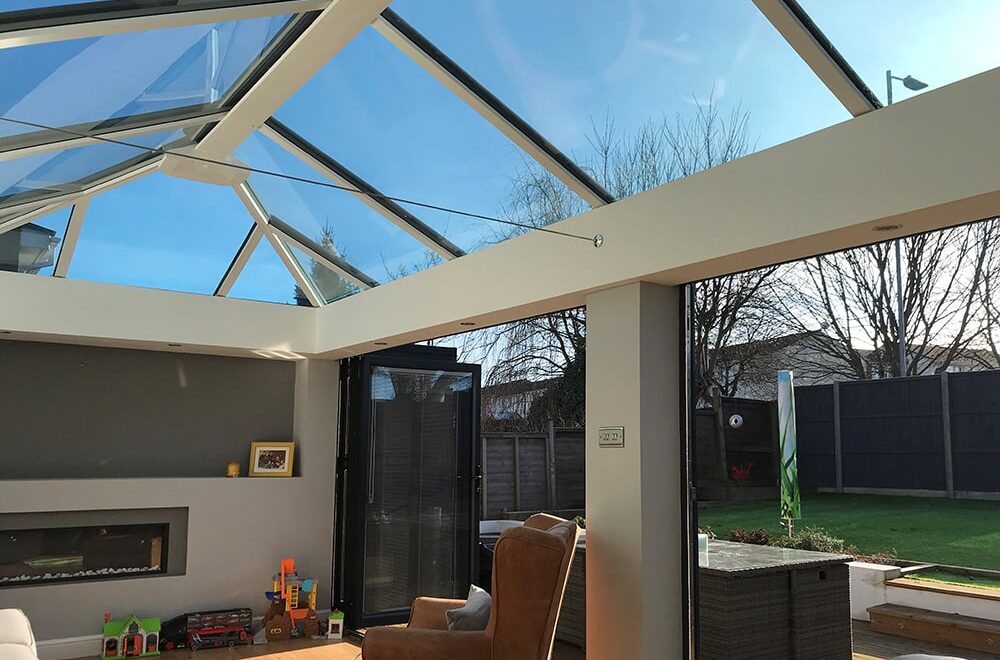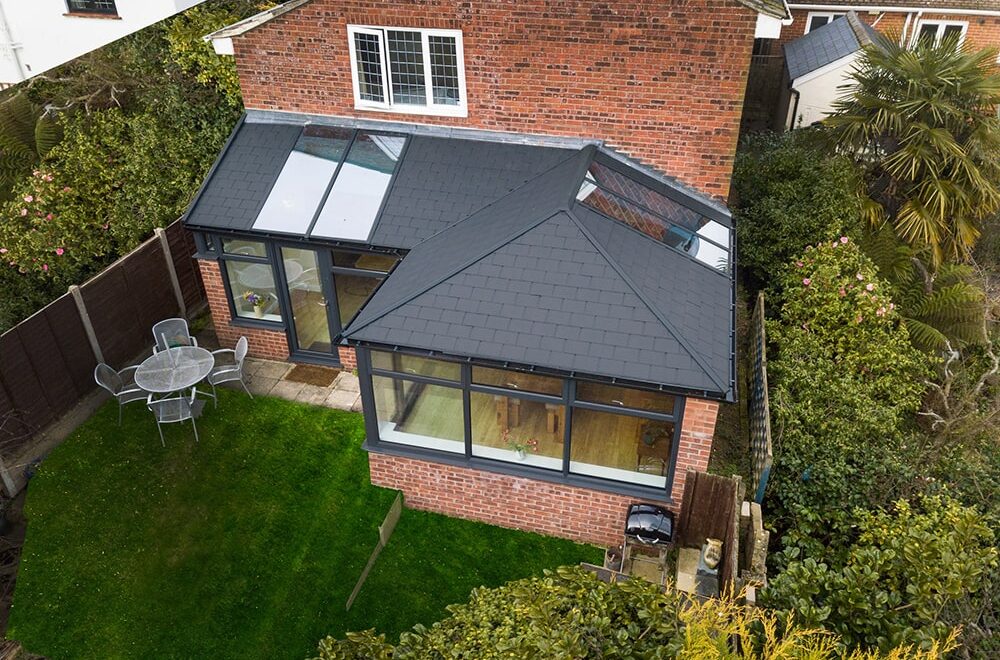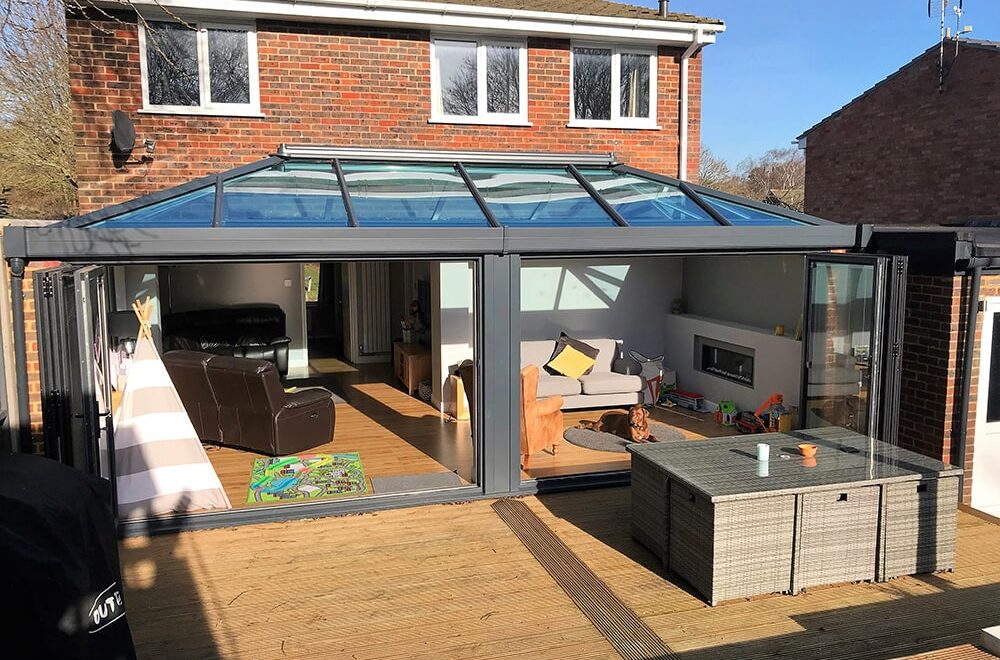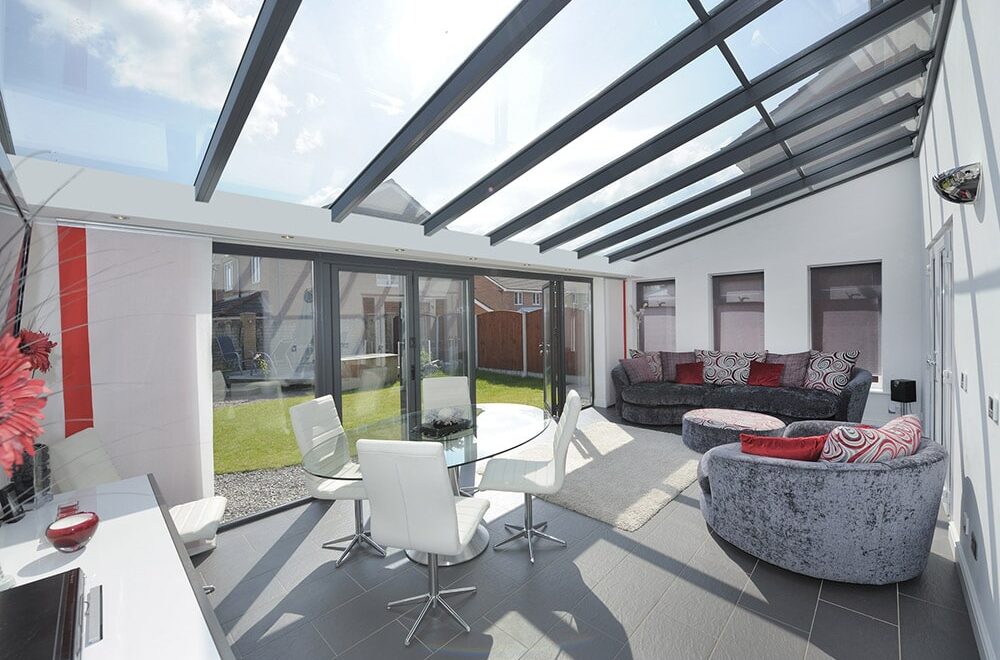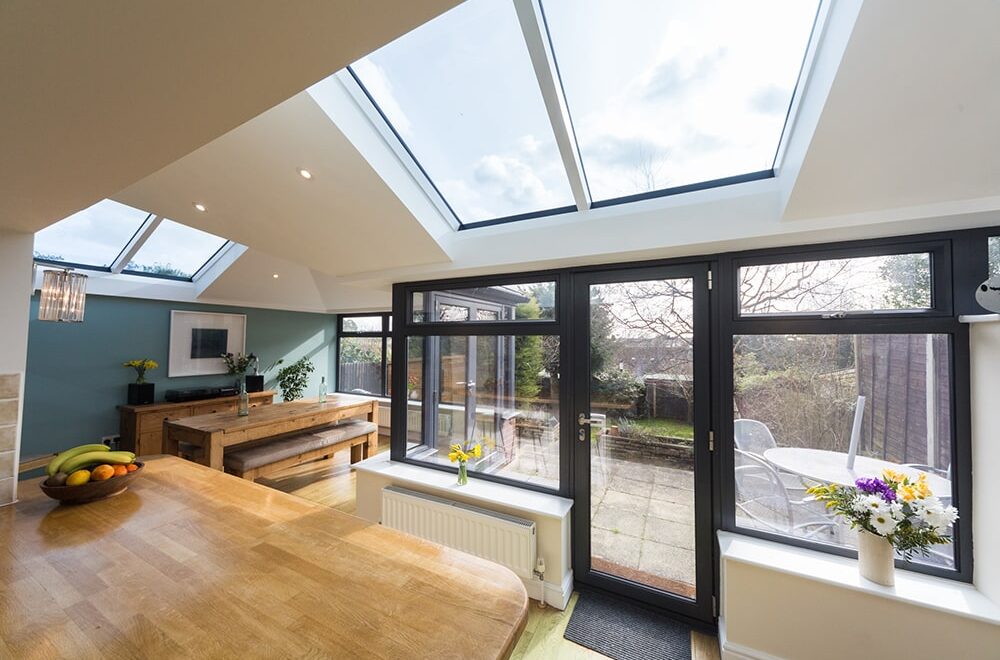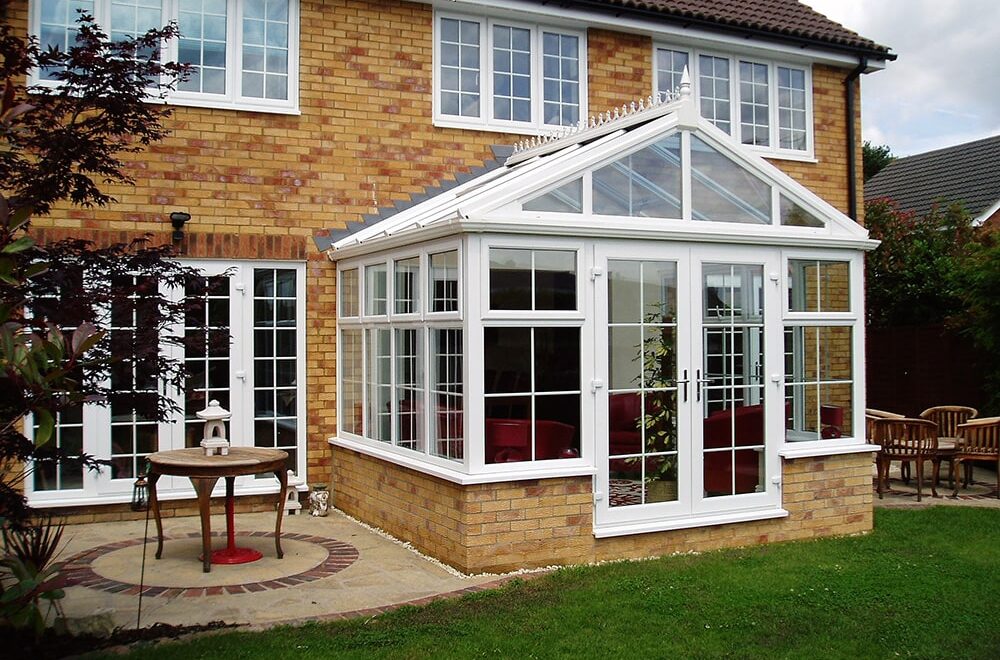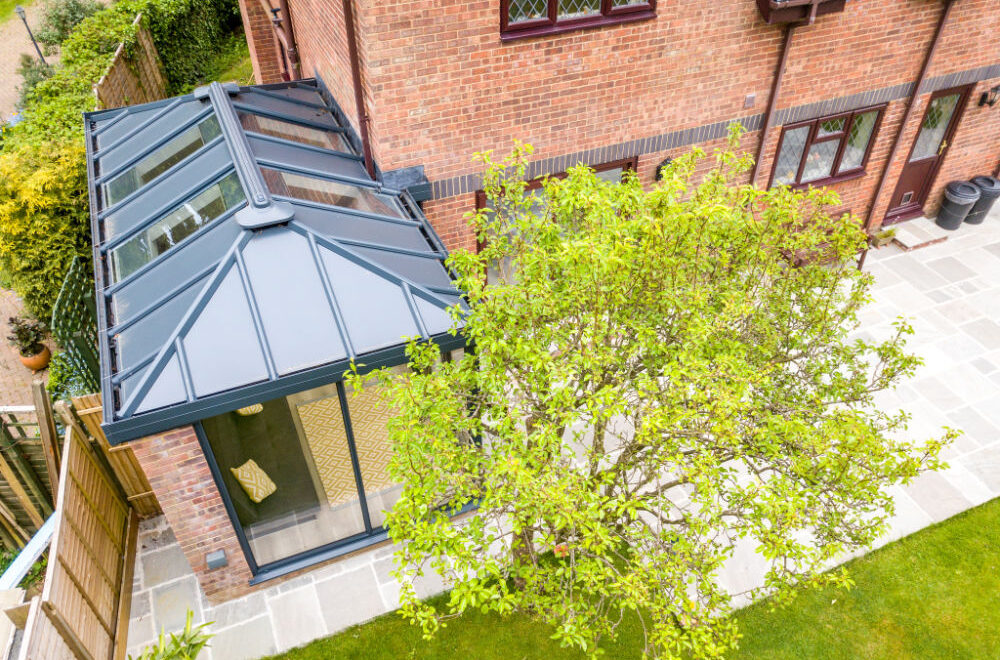Affordable Ways to Expand Your Home in Bracknell
Why Homeowners Choose Conservatories Over Extensions
When space starts to feel tight, many homeowners consider moving or building a full extension. Yet both options can be disruptive and expensive. Conservatories — and lean-to conservatories in particular — offer a cost-effective alternative that delivers real results without the upheaval.
In Bracknell, where family homes often benefit from smaller gardens and limited rear space, lean-to conservatories have become a popular choice. Their simple design makes them more affordable to install than Victorian or Edwardian styles, while still providing all the comfort, light and versatility that homeowners need.
The Cost-Effective Design of a Lean-To
A lean-to conservatory takes its name from the way the roof slopes away from the house, giving it a simple, fuss-free profile. Because of this straightforward structure, installation is often quicker and less complex than other conservatory types. This translates into lower costs without sacrificing quality.
For families in Bracknell’s growing neighbourhoods, this affordability makes it easier to invest in the extra space they need. Whether it is used as a dining area, a utility room, or an office, a lean-to conservatory provides a practical upgrade at a fraction of the price of a full extension.
Modern Comfort at an Affordable Price
While lean-to conservatories are affordable, they are far from basic. Advances in glazing and insulation mean that these spaces can be used year-round, not just in the summer months. High-performance glass helps regulate temperature, while solid or hybrid roof options add further comfort and energy efficiency.
This means homeowners do not need to compromise on usability. A lean-to conservatory can be every bit as comfortable as a more elaborate design, while still delivering excellent value for money.
Flexible Uses for Growing Families
One of the main reasons Bracknell homeowners choose lean-to conservatories is their versatility. The rectangular footprint makes them easy to furnish and adapt to changing needs.
A young family may use the space as a playroom, while later it can serve as a study, dining room, or even a hobby area. For couples working from home, it offers a bright and pleasant office environment that separates work from the main living areas. By choosing a lean-to, families get a space that evolves with them — without overspending.
A Smart Investment in Your Property
Affordability is important, but so is long-term value. A lean-to conservatory adds both. Even though it is one of the simplest conservatory styles, it still increases a home’s appeal to future buyers. Extra living space is always in demand, and buyers appreciate a design that feels modern, usable and low-maintenance.
In Bracknell, where many homes share similar layouts, a conservatory can be the feature that makes one property stand out from the rest. For homeowners considering resale in the future, this makes a lean-to a wise financial decision as well as a practical one.
Affordable Doesn’t Mean Compromising on Style
A common misconception is that affordability means giving up on aesthetics. In fact, lean-to conservatories can be customised to suit a wide range of homes. From classic white uPVC to sleek grey aluminium, the choice of frames allows homeowners to create a look that fits their property.
Clean lines and a minimalist roof design make the lean-to particularly attractive for modern homes in Bracknell’s newer estates. For older properties, it offers a subtle extension that enhances the existing architecture without overpowering it.
R&M Windows: Value with Quality
At R&M Windows and Conservatories, we specialise in providing cost-effective solutions without compromising on quality. Our team works closely with homeowners to design lean-to conservatories that deliver maximum benefit for their budget.
Every installation begins with a free consultation and clear quotation, ensuring there are no hidden surprises. Our surveyors take precise measurements to guarantee a perfect fit, and our MTC-accredited installers ensure every conservatory is built to the highest standard. With a ten-year guarantee, customers can be confident their investment will last.
Affordable, Practical and Built to Last
Expanding your home does not need to mean overspending. A lean-to conservatory offers Bracknell homeowners a simple, stylish and affordable way to gain the space they need.
From playrooms to home offices, dining spaces to utility rooms, the lean-to can be adapted to suit a wide range of lifestyles. Combined with expert installation and guaranteed quality from R&M, it is a cost-effective upgrade that adds everyday comfort and long-term value.

